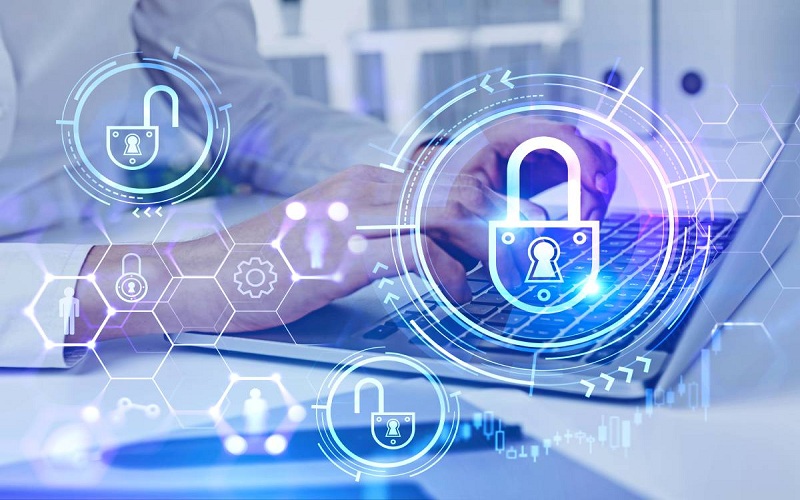Cybersecurity for CPAs is more relevant in the age of all things digital even if we covered it before. With their access to private financial data, CPA in Saugus can be easy marks for cyber-attacks. Client data deserves protection – not just because it is regulated, but also from a trust and professional standpoint. In this blog, we are going to look at the major cybersecurity concerns for CPAs; what types of cyber threats they experience, and how best CPAs can protect their client data.
Why Cybersecurity Matters to CPAs
CPA firms are also trusted with a lot of sensitive information, such as social security numbers and financial data. The devastation that can come from a breach of this information is not only economic but legal, and damage to professional reputation may be severe. Strong cybersecurity can protect digital assets from unauthorized use and loss.
CPAs and the Reality of Cyber Threats
Data Breaches
Tax season is a prime time for sensitive data to be stolen during breaches, which can occur if an unauthorized person gains access to the database of a CPA. This may come in the form of weak passwords, unpatched software, or other vulnerabilities.
Insider Threats
From employees or people who have access to sensitive information. Those threats may be purposefully acting to steal your data or could incidentally manifest as an accidental leak of the data.
Social Engineering
Social engineering attacks trick people into revealing secrets. This could either be performed over the phone, social media, or in person where the attacker disguises themselves as a reliable figure.
Best Practices for Client Data
1. Develop Special Password Rules
Complex password, which involves letters numbers, and special characters. Enforce multi-factor authentication (MFA) as an additional security measure.
2. Regular Software Updates
Keep your software and systems up to date to maintain security patches. This can include operating systems, antivirus solutions, and accounting applications.
3. Data Encryption
Secure data in transit and at rest, especially if they are sensitive. Of course, encryption can introduce barriers for unauthorized people wanting to access the information on the off chance they do get into your system.
4. Secure Communication Channels
Secure Communication: Use encryption, encrypted emails, and SFTP for exchanging sensitive information with clients.
5. Employee Training
Run Cybersecurity training for all employees to know the latest threats and best practices. Employees need to learn how to spot phishing attempts, best practices for password handling, and data client security.
6. Regular Backups
Regularly backup all essential data and maintain the backups in a secure location. Keep in mind that it must be scheduled to test backups periodically and make sure they are valid and accessible.
7. Access Controls
Put in place strict access controls so that only the necessary staff can get to any susceptible data. Reduce access with role-based controls (RBAC), only give what each function needs to see.
8. Incident Response Plan
Create an Incident Response Plan as well and be fast in containing the security breach. Finally, the plan should outline steps in containment, eradication, and recovery along with communication to clients and stakeholders.
9. Cyber Insurance
Get cyber insurance to reduce potential financial losses from a hack. This part of insurance includes all costs associated with data breaches and cybersecurity incidents, ransomware attacks, etc.
Focusing on Cybersecurity for Saugus Accountants in the Internet era CPAs can reduce risk and maintain trust with clients by learning from common cyber threats. An effective cybersecurity strategy would entail continuous training, stringent password guidelines, encryption key management, and secure communication channels. In addition, the use of local resources and support increases cyber security. By being more vigilant and proactive, CPAs can protect the data of their clients along with their professional reputation from ever-changing ranges of cyber threats.

